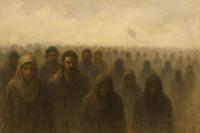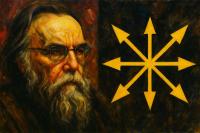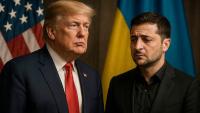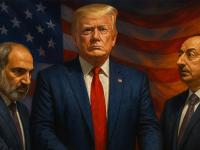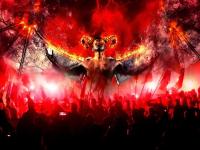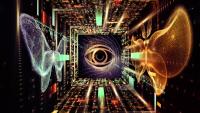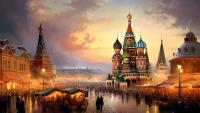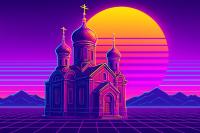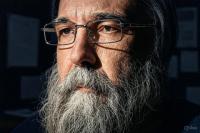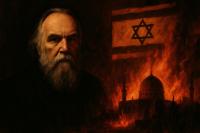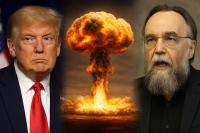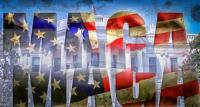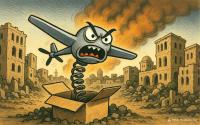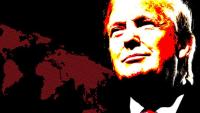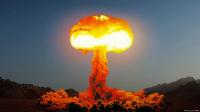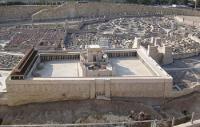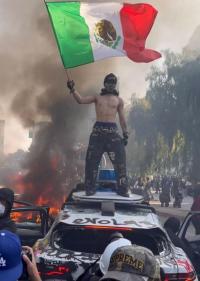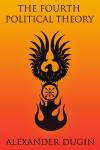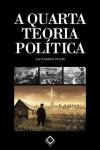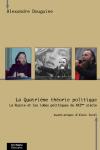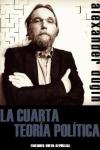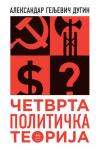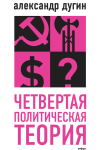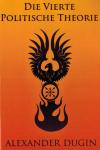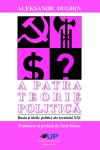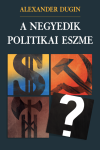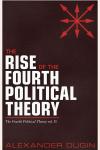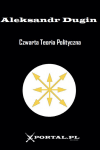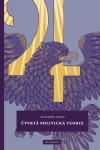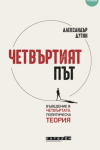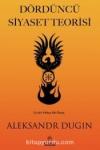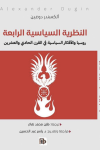Welcome, Multipolarity!
Alexander Dugin notes that Trump could have reclaimed U.S. leadership within a multipolar system, but instead his aggression — attacks on China, high tariffs on India, pressure on Brazil, threats against BRICS, and continued hostilities against Russia in Ukraine — has accelerated the rise of multipolarity.
Daria Dugina's Eschatological Optimism
It is very difficult for me to write about Daria, because, especially in recent times, she had become everything to me: a friend, a thinker, a joy to be cherished, a partner in dialogue, a source of inspiration, and a pillar of support. The pain from losing her doesn’t dare subside; on the contrary, all of it persistently flares up with ever renewed force. Nevertheless, I understand that it is necessary to open her book, Eschatological Optimism, with words that she herself would have liked to hear and which might be useful to the reader.
On the Third Anniversary of Daria Dugina's Transfiguration
Today (20 August 2025) marks exactly three years since Dasha's repose, Dasha's transfiguration. Her presence is still piercing and acute. Yet now it is different. The quality of the pain also changes. I had never thought that pain could have its own forms of life. It becomes increasingly mature, sinking ever deeper into the heart. At some point, it fills everything. Then there is nothing else at all...
AI and ColonAIalism
AI is not universal. It was created in the West and represents a structure of Western thinking, that is, a colonial network cast over all societies, subjugating them to Western meanings, goals, and procedures. AI has a civilizational identity. And it is Western. We cannot create a Russian AI until we have clarity regarding the Russian civilizational identity. GigaChat and other Russian knock-offs are simply import substitutions — cloned versions of ChatGPT with a few additional restrictions to please the authorities.
Dugin on the Sacred Return of Politics
Alexander Markovics interviews Alexander Dugin about how Platonic philosophy shaped Europe, why liberalism is rooted in atomistic and feminist metaphysics, and how the Fourth Political Theory offers a path beyond modernity to a transcendent and hierarchically militant political order grounded in eternity.
MAGA Turns on Israel—and Trump: Is Trump Being Blackmailed Over Epstein Island?
Trump has lost the majority of his previous supporters. Many Americans are now ready to go against Trump, because what Trump is doing now is in total opposition to what he has promised. The neocons who now manipulate Trump were initially against Trump. They belong to the Never Trump faction of the Republicans, but now became supporters of Trump more in order to manipulate him. On the other hand, Marjorie Taylor Greene, Matt Gaetz, Charlie Kirk, the main figures in MAGA—all feel betrayed by Trump.
The Coming New American Civil War
The scale of this action – which the Democrats, having lost the election, apparently prepared for many months – indicates that it may mark the beginning of a civil war. Almost as if following the script of the film Civil War (2024). American society is already prepared for such an outcome, especially after watching that film, where the president was essentially Trump.
When Will We Win the War?
The latest round of negotiations in Istanbul, in my view, was extremely important from a symbolic perspective. A serious struggle is currently underway over Trump's position on the war in Ukraine and, by extension, over the position of the United States. Trump himself, subjectively, would like to end this war, but, objectively, he cannot do so. Any conditions under which he believes the conflict could be halted are, first and foremost, unacceptable to us—although they are also unacceptable to the Ukrainians. Therefore, any proposal for a truce will sooner or later prove untenable.


